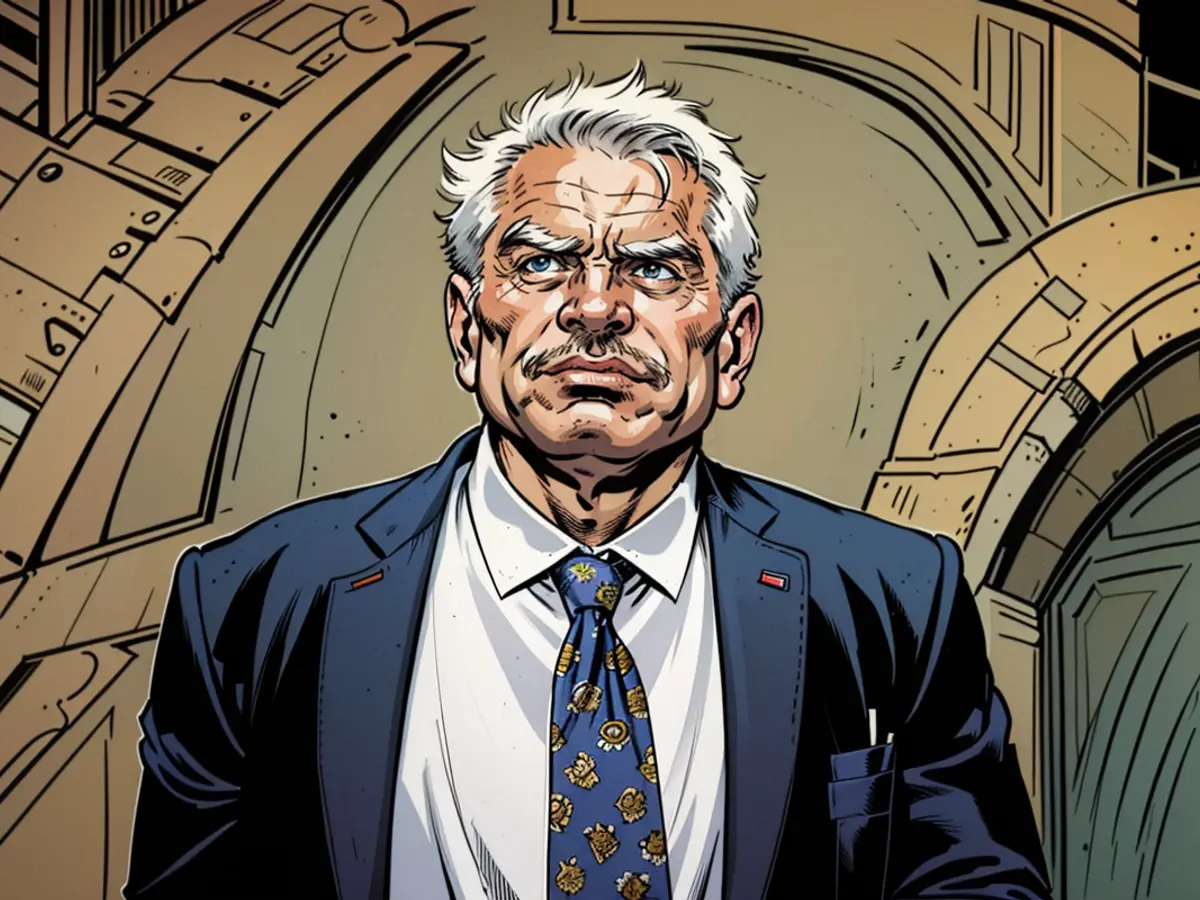Germany's Left want Communists as Parliament Presidents
**The French National Assembly gathers at the Constituent Session on Thursday. The legislative period begins with the election of the President of the National Assembly. The Left has agreed on a common candidate.
In France, the Left has come to an agreement on a common candidate for the presidency of the National Assembly. After long, difficult negotiations, André Chassaigne, a Communist, was presented as the common candidate. Cyrielle Chatelain, the Green candidate, withdrew her candidacy. Chassaigne now faces the incumbent Parliamentary President Yael Braun-Pivet from the Government camp and the independent Middle candidate Charles de Courson in the election for the new Parliamentary President on Thursday.
The left-green alliance was surprisingly successful in the early elections to the National Assembly. Chassaigne, who is 74 years old, said, looking at the strength of the Left since the new election, that the left-green alliance was legitimized to propose a Parliamentary President.
Who is running for the position of Prime Minister?
The parties of the Left Alliance, including the Socialists, have been unsuccessfully searching for a common leadership figure for ten days whom they could propose as Prime Minister. The left-populist party La France Insoumise, which is the largest group within the Alliance, is being opposed by President Emmanuel Macron and the Right-wingers.
The new elections to the National Assembly did not result in clear majority relations. Instead, three political blocs have formed, which obstruct each other: the Left Alliance, the Government camp, and the Right-wingers.
Macron has accepted the resignation of his Prime Minister Gabriel Attal and his government. However, they are expected to remain in office in a caretaker capacity until the appointment of a new government. It is expected that Attal will remain in office until after the end of the Olympic Summer Games in Paris, which begin on July 26 and end on August 11.**
The French National Assembly gathers at its Constituent Session on Thursday. The new legislative period begins in the afternoon with the election of the President of the National Assembly. The election can last for several rounds and several hours.
In the context of historical politics between Germany and France, the election of the President of the National Assembly in France could potentially influence the balance of power within the European Union.
Given the complex political landscape following the recent elections in France, the result of the election for the President of the National Assembly could significantly impact the formation of a new government and potentially lead to coalition negotiations.








